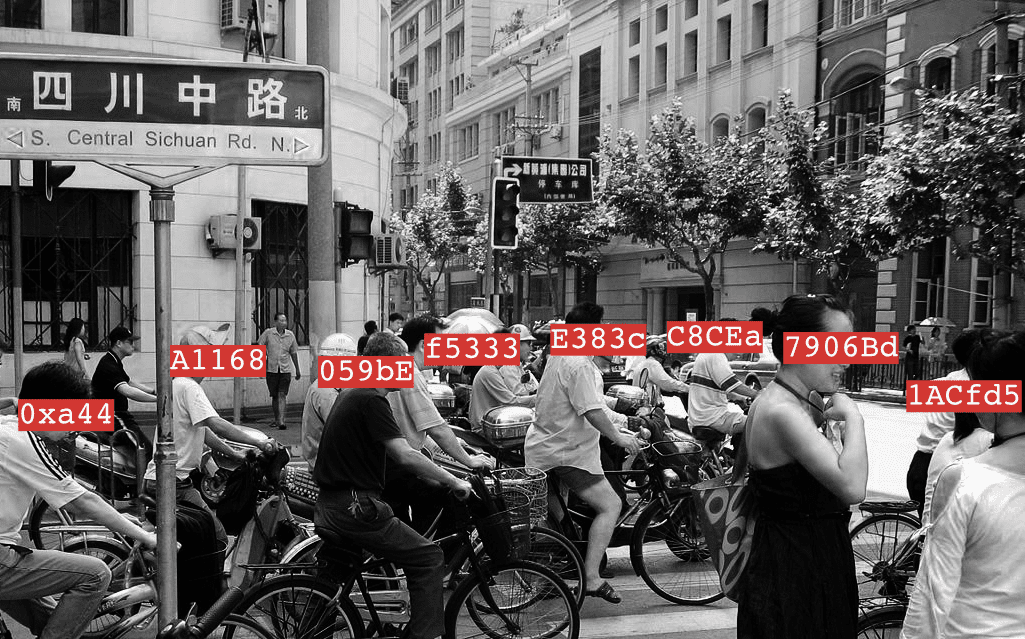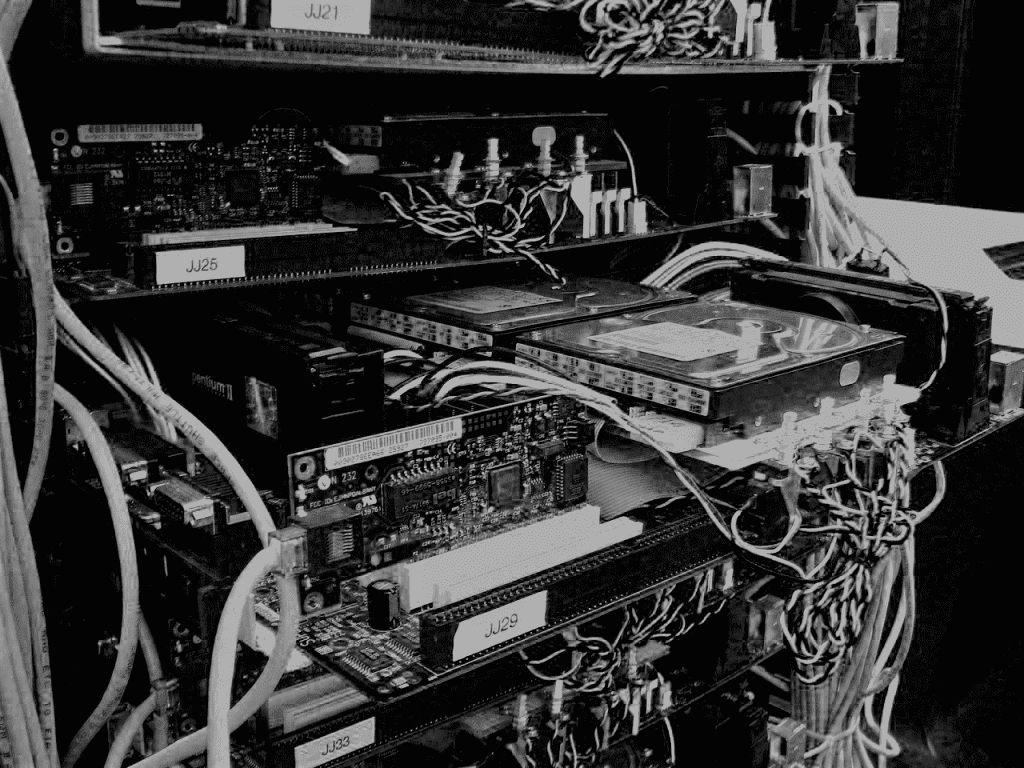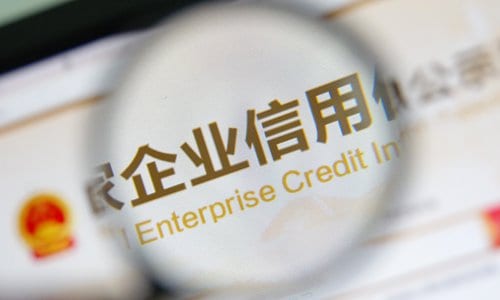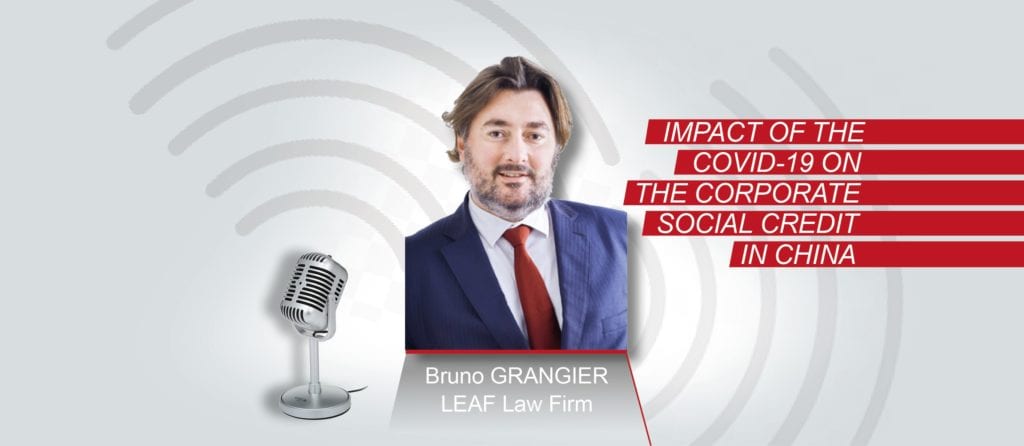The Corporate Social Credit System (CSCS):
Companies doing business with China have often faced difficulties in enforcing Court decisions and collecting debts, putting in place expansive and often risky legal strategies to achieve such targets. With the introduction of the Corporate Social Credit System (CSCS), bad payers are subject to a growing number of sanctions, affecting both the defaulting company and its key personnel. The CSCS appears as a efficient tool to put pressure on debtors in China, to negotiate and obtain debt repayment.
CSCS helps to sort out reliable from unreliable entities doing business in China through data analytics provided by the authorities. Governmental authorities, at local and national level, have been creating “blacklists” these last few years for many public topics such as bad taxpayers, fraudulent importers, polluters, etc. These blacklists are coupled with “Joint enforcement Memorandum of Understanding”, issued by various government departments that allows various authorities to take collective action against companies and individuals “blacklisted” by other authorities party to the global review system. The main blacklist was created by the Supreme Court in 2013 and track “defaulters” of individuals and companies that refuse to enforce legal decisions when they have the ability to do so1, such as paying commercial debt.
Once listed, they will suffer from a range of sanctions in every area of their private and commercial life.
In mid 2019, the government announced that, over the past three years, the People’s Court had received a total of 20.435 million cases in respect of enforcement and successfully enforced 19.361 million out of it, for an amount of 4.4 trillion yuan, with an increase of 98.5%, 105.1% and 71.2% respectively compared to the 3 previous years2. These statistics tend to show that the blacklist system is contributing to the enforcement of Court decisions.
What consequences stem from blacklisting?
Defaulting payers who find themselves blacklisted are put under great pressure to quickly regularize their situation. Sanctions do not only affect companies, but also their key personnel, understood as the “legal representative, principal, persons directly responsible for debt performance or actual controller”. Sanctions affecting defaulters usually encompass:
1. Public shaming
Information on defaulters : Including the name of the company, its legal representative and person in charge thereof – will circulate both internally, between governmental authorities, and externally, to the general public. Business leaders are encouraged to check public platforms – CreditChina and NECIPS – before engaging in business.
It is unlikely that any company will want to engage in a contractual relationship with an enterprise that is known to be a bad payer or to hire an employee that is subject to personal restrictions. It has also been circulated around that your business partners’ scores may negatively impact yours although clear regulations have not been issued as of to date. As such, the CSCS is reshaping the traditional due diligence process.
2. Personal liabilities of key personnel
Key personnel of a blacklisted company may be prohibited from serving as legal representative and senior executives of any company. In addition, People’s Courts may take measures to restrict the blacklisted company key personnel from acceding luxury consumption3. These sanctions translate mainly in mobility restriction, although they may have a broader scope, such as preventing key personal from buying real estates. The objects of these sanctions are listed on a complementary blacklist, publicly available. Restrictions include the following list:
- To take an airplane, take the soft berth of a train, or take the second-class berth or above of a steamship as the means of transportation;
- To have high consumption activities at star hotels, night clubs, golf courses, or other places;
- To purchase real estate, or build, expand, or luxuriously furnish houses;
- To rent high-end office buildings, hotels, apartments, or other places for conducting businesses;
- To purchase vehicles not necessary for business operations;
- To travel or take a vacation;
- To send his or her children to high-cost private schools;
- To purchase insurance and financial products by paying high premium;
- To take any seat in G-category high speed train or take a seat of the business class or a higher class in any other high-speed train, or to have any other consumption not necessary for life or work.
3. Cross-departmental sanctions
A series of governmental authorities, including the National Development and Reform Commission, the People’s Bank of China, and several dozens of other agencies – have signed a Memorandum of Understanding4 with the Supreme Court agreeing to take sanctions against blacklisted entities, so that every aspect of the defaulter business life will be tainted. Blacklisted enterprises will suffer consequences in terms of government procurement, tendering and bidding, administrative examination and approval, government support, financing credit, market access, qualification accreditation, and other aspects of the business.
4. Stricter Supervision
Blacklisted entities and companies whose key personnel are listed are under high scrutiny from the authorities and suffer higher frequency of random inspections. As ground for comparison, enterprises blacklisted by the custom authorities have an average inspection rate of 96.29%, while red-listed (the reverse equivalent of the blacklist) range around 0.54%. This means that every company should ensure that its key personnel, or future key employees, have not been personally blacklisted.
Implications for choosing business partners?
A company listed in the Defaulter Blacklist means that a company and its key personnel will be subject to various market restrictions. It is therefore critical to ensure that critical business partners are paying their commercial debts, not necessarily limited to repaying your debt, in a timely manner. Companies may consider mechanisms such as conduct of extensive due diligence, request of effective representations and warranties regarding their commercial and financial situations and implementation of effective hold harmless and indemnification clauses if they become blacklisted to mitigate any potential adverse impact.

How can the CSCS system be used against debtors in China?
Individual and companies may be added to the “List of Dishonest Persons subject to Enforcement” (the “Defaulter Blacklist”) when they have the ability but refuse to perform their obligations. If your debtors in China is ordered to repay you by a Court decision but fails to do so (despite having the ability to do so), you may take further actions:
- File an application for enforcement with the competent People’s Court and request the defaulter to declare its assets.
- File an application with the competent People’s Court to include the legal persons subject to enforcement in the Defaulters’ Blacklist.
- If the company is trying to escape liability by deregistration without paying debts, its shareholders may be added to the Defaulter Blacklist.
It may therefore prove useful to send cease and desist letters to your contractors and business partners of the possible consequences for not repaying their debts. In particular, personal liabilities of key personnel and associated risks for management (taking flights, fast trains, etc.) can be highlighted, to push them to proceed with repayment in a timely manner. In case of refusal or silence, CSCS may prove a very useful tool to obtain repayment of debts sooner than later.













